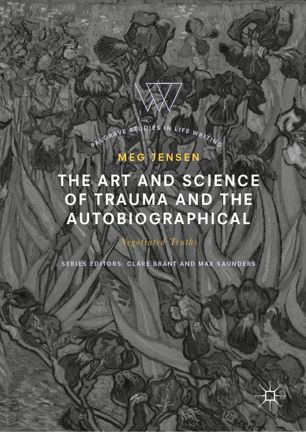

Most ebook files are in PDF format, so you can easily read them using various software such as Foxit Reader or directly on the Google Chrome browser.
Some ebook files are released by publishers in other formats such as .awz, .mobi, .epub, .fb2, etc. You may need to install specific software to read these formats on mobile/PC, such as Calibre.
Please read the tutorial at this link: https://ebookbell.com/faq
We offer FREE conversion to the popular formats you request; however, this may take some time. Therefore, right after payment, please email us, and we will try to provide the service as quickly as possible.
For some exceptional file formats or broken links (if any), please refrain from opening any disputes. Instead, email us first, and we will try to assist within a maximum of 6 hours.
EbookBell Team

4.1
40 reviewsThis book examines posttraumatic autobiographical projects, elucidating the complex relationship between the ‘science of trauma’ (and how that idea is understood across various scientific disciplines), and the rhetorical strategies of fragmentation, dissociation, reticence and repetitive troping widely used the representation of traumatic experience. From autobiographical fictions to prison poems, from witness testimony to autography, and from testimonio to war memorials, otherwise dissimilar projects speak of past suffering through a limited and even predictable discourse in search of healing. Drawing on approaches from literary, human rights and cultural studies that highlight relations between trauma, language, meaning and self-hood, and the latest research on the science of trauma from the fields of clinical, behavioral and evolutionary psychology and neuroscience, I read such autobiographical projects not as ‘symptoms’ but as complex interrogative negotiations of trauma and its aftermath: commemorative and performative narratives navigating aesthetic, biological, cultural, linguistic and emotional pressure and inspiration.